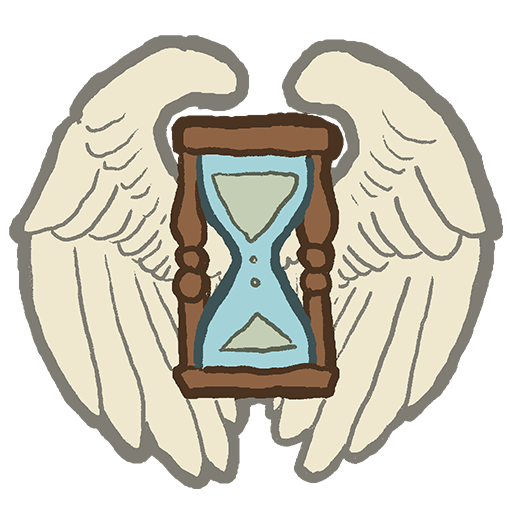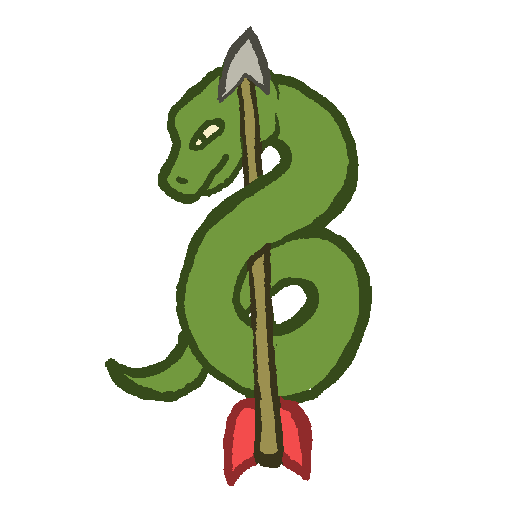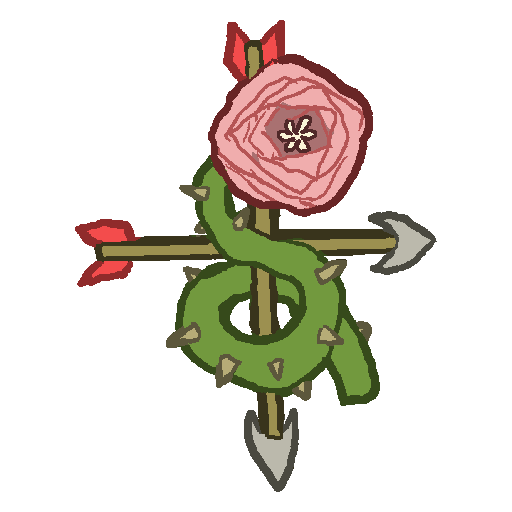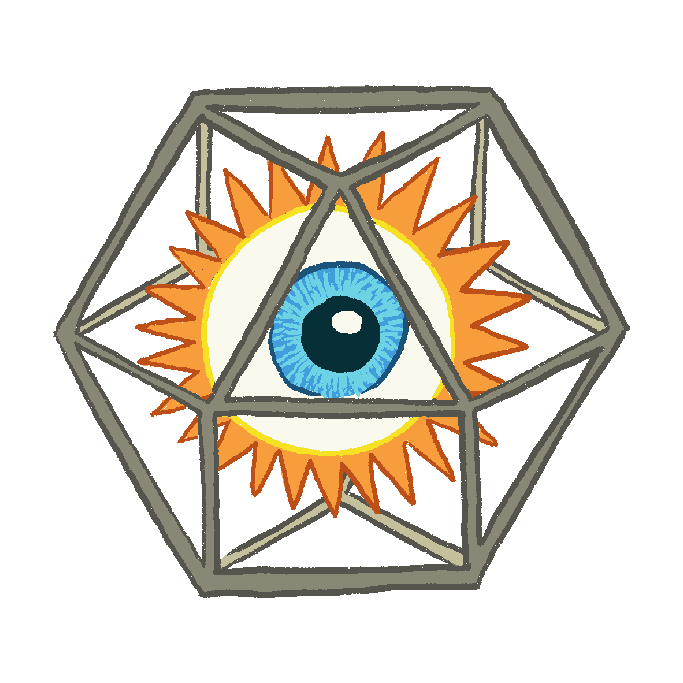Parameters and Numbers
PARAMETERS
 |
The destiny number is equal to the reduced sum of the day, month and year of your birth. It is the single most important numerological parameter of all. Also known as the life-path number, the destiny number describes the rhythm and fabric of your entire life and exerts an influence over choices you will make throughout the course of it. If your life were a novel, the destiny number would be its theme. Understanding your destiny influence enables you to capitalize on strengths in yourself that you likely already realize that you have. Of all numerological influences, however, the destiny number is the least forgiving: to act directly against your destiny influence is to invite frustration, travail and hardship. |
 |
Youth: The first life cycle starts at birth and extends to an age that varies according to individual between 28 and 36 years. Your age at maturation is found by subtracting your fully-reduced destiny number from the number 37. So, if your destiny number is 11, for instance, the full reduction is 2, and your coming-of-age occurs at 35 years of age. The numerological influence of the first life cycle is equal to the fully-reduced sum of your day of birth. If you were born on the 28th, for instance, your youth life cycle falls under the influence of 1. |
||
 |
Maturity: The prime years of your life start upon your age of maturation and extend for 27 years. Extending the previous example of a person with a destiny number of 11, the second life cycle extends from the age of 35 until 62 years of age. The numerological influence of the second life cycle is equal to the fully-reduced sum of your month of birth. If you were born in the month of June, for instance, your maturity life cycle falls under the influence of 6. |
||
 |
Seniority: The final life cycle starts at the age in which the maturity cycle ends and extends for the rest of your life. Returning to our example, a person with a destiny number of eleven who was born in June, enters seniority at the age of 62 years. The numerological influence during this period is defined by the reduced sum of the year of birth. If your birth year is 2013, for instance, then your seniority is driven and guided by the influence of the number 6. |
 |
 |
 |
 |
|---|
 |
Your first life crux occurs between the date of your birth and your date of maturation. Its numerological influence is equal to the reduced sum of your day and month of birth. For the birth date January 1, 2002, for example, the first crux is equal to 2. |
 |
Your first life crux occurs between the date of your birth and your date of maturation. Its numerological influence is equal to the reduced sum of your day and month of birth. For the birth date January 1, 2002, for example, the first crux is equal to 2. |
 |
Your third life crux occurs between nine and eighteen years following your age of maturation. Its numerological influence is equal to the reduced sum of your first and second cruxes. For the birth date January 1, 2002, for example, the third crux is equal to 7. |
 |
Your fourth and final crux occurs in the final nine years of your second life cycle, that is between 18 and 27 years following your age of maturation. Its numerological influence is equal to the reduced sum of your month and year of birth. For the birthdate January 1, 2002, for example, the fourth crux is equal to 5. |
 |
 |
 |
|---|
 |
The first minor challenge is a weakness that lies in the physical realm. It is equal to the absolute value of the difference between the reduced day and reduced month of your birthday. For December 29, 1956, the first minor challenge influence is equal to [2 - 3] = 1. |
 |
The second minor challenge is a weakness that lies in the emotional realm. It is equal to the absolute value of the difference between the reduced day and year of birth. For December 29, 1956, the second minor challenge influence is equal to [2 - 3] = 1. |
 |
The major life challenge is a weakness that lies in the spiritual realm. It is equal to the absolute value of the difference between the two Minor Challenge numbers. For December 29, 1956, the major life challenge influence is equal to [1 - 1] = 0. |
 |
Also called the motivation number, the impulse number influence is equal to the reduced sum of the vowels of your name and is reflective of your drive and will. It is an active influence. For John Smith, for instance, the Impulse influence is that of 6 + 9 = 15 = 1 + 5 = 6. |
 |
The inner-self number is equal to the reduced sum of the consonants that make up your name and reflects your self-concept and personality. It is a passive influence. For the name John Smith, for instance, the inner-self influence is that of 1 + 8 + 5 + 1 + 4 + 2 + 8 = 29 = 2 + 9 = 11. John Smith has an inner-self master number of 11 and is consequently also strongly influenced by the ground-state equivalent of 2. |
 |
The expression number is equal to the reduced sum of the letters of your name and therefore equal to the reduced sum of your inner-self and impulse numbers added together. It governs the full projection of your self-identity onto your environment and the world. It is an active influence. For the name John Smith, for instance the Expression number is equal to 11 + 6 = 17 = 1 + 7 = 8. |
 |
The whole-self number is the reduced sum of your destiny and expression numbers. It governs the interplay between your nature and nurture influences. The whole-self number is a complex numerological parameter that is not found in all numerological systems. Unlike the destiny and expression numbers, both of which have outward projections, the whole-self influence is internally directed. It embodies and reflects issues of life-scope relevance, including ancestral and genetic, as well as both past and future life issues that can represent either springboards or impediments to spiritual ascension and transcendence. The whole-self number describes the psychic environment for the optimal networking of all your constituent parts into a constructive whole for the betterment of self through your contributions to society and humanity in the physical, emotional and spiritual spheres of existence. |
NUMBERS:
NUMBER |
ICON |
MEANING |
0 |
 |
DECISION |
1Independence, leadership, self-reliance, innovation |
 |
INDEPENDENCEThe number One (1) embodies self-sustenance, leadership, discipline, will. The influence of one is found within the self and depends upon the presumption that all means are dependent upon the self's abilities. One is an aggressive and dominant, male number. One must not necessarily lead but cannot by any stretch of the imagination follow. One must chart one's own course. One is powered by deep, instinctual, and inflexible beliefs in the inexorable vitality of self. One tends to err on the side of stinginess, arrogance, inflexibility, and authoritarianism. One must be the dominant partner in emotional and romantic dalliances. |
2Dependence, intuition, accommodation, sensitivity, association |
 |
ASSOCIATIONThe number Two (2) embodies linkage, dependence, openness, flexibility. The influence of two means that the optimal solutions are found through expression and interaction and that all means depend upon the ability to relate to others. Two is an acquiescent and passive, female number. Two must chart its course in the context of a guiding influence. Two is powered by the ideal of the multitude's vitality. Two tends to err on the side of selflessness, sacrifice and submission. Two must be the receptive partner in an emotional or romantic dalliance. |
3Sociability, people skills, extroversion, sense of humor |
 |
SOCIABILITYThe number Three (3) embodies sociability, interaction, gaminess, challenge. The influence of three means the optimal solutions are found through engaging others actively and presumes a high degree of social engagement and to some degree, reverence for the social milieu. Three is an engaging and provocative influence, outwardly bound, the devil's very advocate. Three must chart its course in the context of the human conventions of sociability and manner. Three is powered by the ideal of the icon's charisma. Three tends to err on the side of romantic foibles, forgettable but momentarily earth-shattering trysts, and frivolous social complexities. Three is both aggressive and receptive, but its nature is to first seek out. |
4personal industry, planning, organization, stability |
 |
PERSONAL INDUSTRYThe number Four (4) is every bit as intractable and stubborn as One, but Four has female energy, while One is perhaps the most male of the numbers. Four embodies order, responsibility and personal effort and commitment. The influence of four means that life's challenges are always best met with organization and understanding of the structure and fabric of one's realities. The manner of Four is dedicated effort. Four is a passive and introspective number, which neither seeks out nor is cowed by those that do. Four must accomplish its purpose in a familiar and comfortable setting and is uneasy with change and irregularity. Four is powered by the ox's dogged strength. Four errs on the side of inflexibility and old-fashioned values. The nature of four is one of great strength and power; still, Four is shy and will rarely venture beyond that which is familiar to it. |
5transition, variety, diversity, self-reliance, escapism |
 |
FREEDOMThe number Five (5) embodies transformation, freedom, diversity and wonderment at the variety of natural and human experiences. The influence of Five means that the answers to life's questions are found in increased exposure to new sights, new people, new sounds and new thoughts. Five is an aggressive number, though it is more refined and opportunistic than its predecessors. Five is uncomfortable in the roles of either follower or leader and must chart its own course to avoid being typecast by default. Five depends upon an internal resilience that is built from experience, yet its approach to problem-solving can be maddening to more structured logicians, such as Four. Five is powered by a mythical indestructibility and minimalist requirements in its quest for novelty. Five errs on the side of flightiness, abstraction, apathy and detachment. Five tends more strongly than any of the other numbers toward an addictive/compulsive tendency toward alcohol, drugs, sex, gambling, or religion or sometimes a combination of these vices. The nature of five is more dominant than submissive, but five is foremost opportunistic, and if a submissive face serves a purpose, Five is likely to employ it. |
6responsibility, affiliation, representation, structure, leadership |
 |
AFFILIATIONThe number Six (6) embodies hierarchy, extended family, and communal and societal affiliation. The influence of six tends toward associations with individuals and groups and pushes solutions toward pragmatism among multiple varying interests. Six is comfortable in a family setting and within the context of an affiliation. Six is only slightly more passive than it is aggressive for mere preservation of the status quo and not advancement of the specie. Six is most comfortable in the role of a leader--it recognizes society as intrinsically interlinked and integral to self-concept. Six is the most malleable of all numbers, being the only number divisible by both an odd and an even number. Six depends upon a conviction that the order and logic it strives to find is in fact there, somewhere. It combines a gender-neutral active and passive force that is inquisitive, associative, and suspicious by nature. Six is powered by its metaphysical symmetry. It is the first number to embody all of the numbers to come before, and it is a launching point for 7, 8, and 9. Six has such an elegant geometry that it does not need substance. Being slightly passive-dominant, six is the bastion of accessibility. Six errs on the side of imperiousness, dictatorialism and exactitude, but Six is well-intentioned and conscious always of the welfare of all his or her associates and dependents. |
7analysis, observation, thinking, believing, feeling |
 |
WISDOMThe number Seven (7) embodies spiritual and rational resources, self-sustenance and the desire to orchestrate forces. The influence of seven means that answers to life's questions are sought in education and meditation and without seeking out the opinions of friends or associates. Seven is an aloof number, with neither a passive nor aggressive energy. It prefers its own company to that of others. Seven is most comfortable serving humanity in a meaningful and quiet manner and is not comfortable with praise or fanfare. Seven depends upon its confidence in its own intellect, experience, and beliefs and convictions. Seven's approach to problem-solving can seem clinical and detached, but seven is perseverant in its quests much as Four is perseverant in its struggle to maintain order. Seven has a mysterious aura that has none of Three's sense of humor, none of the One's sense of purpose, nor Five's indomitability, rather Seven contents itself with an extensive knowledge more theoretical than practical of man and the universe. Seven errs on the side of withdrawal, crises in faith, philosophical emotionality, and yielding to adversity with a sense of imposed helplessness. Seven tends more strongly than any of the other numbers toward hermitage and religious and mystical fanaticism. |
8power, material abundance, leadership, domination |
 |
POWERThe number Eight (8) embodies power and the drive to achieve material abundance. The eight's influence suggests that all of life's problems are answerable through wealth and political power. Eight is an aggressively associative number and depends upon a support network which it knows how to manage and sustain. Eight is most comfortable serving humanity in a position of leadership, and while Eight is not adverse to adulation, Eight takes its responsibility to others seriously in its leadership role. Eight depends upon its people skills, intellect, experience and raw ambition, and its approach to problem-solving can seem draconian and megalomaniacal at times, but it is just Eight's manner, much as accommodation is Two's manner. Eight has a paternal aura and the responsibilities of a godfather and will listen to anybody that won't waste its precious time. Eight errs on the side of imperiousness, callousness, and greed. Eight tends more strongly than any of the other numbers to rise to a position of dominance over groups of people. |
9universality, transcendence, evolution, humanitarianism |
 |
UNIVERSALITYThe number Nine (9) embodies universalism and integration with the planet's natural and human resources networks at the planetary, hemispheric, continental, societal, and local levels. The nine's influence suggests that all of life's problems are answerable through personal responsibility on a universal scale. Nine is an associative number but alternates between intellectual aggression and social passivity in its relationships with people and their ideas. Nine is most comfortable serving humanity in a position that conveys a sense of purpose and meaningful value to Nine's efforts. Nine enjoys leadership roles it is qualified to fill and enjoys adulation when it comes, but Nine is content to work behind the scenes so long as the right agenda is being served. Nine has an idealistic aura and while its ideals are lofty, Nine is often hamstrung in an imperfect world and has difficulties rationalizing actions that are necessary but contrary to its ideals. Nine must make its peace with the imperfections of the world or suffer from never-ending frustration and disillusionment. Nine errs on the side of impracticality, ephemerality and vacillation. Nine also has a tendency toward spreading its resources too thinly to be of use in time of need. More than other numbers, Nine feels the transcendental calling that the end of a cycle invokes. |
11creation, energy, acute intuition and sensitivity to the human condition |
 |
CREATIVITYThe number Eleven (11) is the first of two master numbers. As its base coat, Eleven possesses all of the qualities that its ground-state Two possesses. And Eleven reverts to its Two qualities regularly in order to recharge its batteries. The Eleven state is one of intensely high intellectual, physica, and emotional activity. Eleven embodies a nakedly aggressive and irrepressible creative drive. The Eleven influence abstracts its possessor from problems in life like a magic wand, though in reality, the active qualities of Eleven make it so that that they naturally avoid problems and are not troubled by them when they arise. Eleven is an associative number with a magnetic effect upon many people, and Eleven must take care to avoid being plagued with sycophants and aspiring disciples. Eleven is more of a follower than a leader, but Eleven follows only because people are its element, and that might be where they are. Eleven is whole and pure unto itself in its beliefs and soul-sustenance, but Eleven must have company. Eleven is most comfortable serving humanity as a role model--spokesperson, personality figure, artist, diva, and the like--but it is not for the adulation that Eleven embraces this role. While Eleven is often relegated to leadership roles by dint of Eleven's magnetism and leadership qualities, Eleven is not a leader at heart but a follower. Eleven is both idealistic and practical, and the result is that Eleven is capable of achieving dreams that others are incapable of dreaming. Eleven errs rarely but when it does, it can be ugly, and is on the side of sanctimony, self-righteousness, and rage. More than any other number, Eleven is an active inspiration to everyone and has a warm human character that is accessible to others. |
22elaboration, vision, profound ability to organize, design, and construct |
 |
ORCHESTRATIONThe number Twenty Two (22) is the second of the master numbers. As a base coat, Twenty-Two has all of the qualities that its ground-state, Four, does. And Twenty-Two reverts to Four regularly to recharge batteries. The Twenty-Two state is one of proactive industry and wide-ranging personal responsibility. Often called the master builder, Twenty-Two is an aggressively active organizer, planner, and implementer of its vision. Twenty-Two embodies a paternalistic responsibility for all things and people within its realm of concern. The Twenty-Two influence foresees life's problems with enough anticipation to divert them to its own advantage. Twenty-Two is de facto associative with respect to people, but Twenty-Two is aloof and jealous with its time. Twenty-Two is first leader, and then an aggressive follower of that which it leads. Twenty-Two cannot fulfill its destiny in isolation of people, despite the fact that it does not enjoy social discourse. Twenty-Two is most comfortable serving humanity in a planning role. Twenty-Two is strongly both idealistic and practical, and the result is that Twenty-two is capable of orchestrating achievements that others are incapable of even visualizing. Twenty-Two errs rarely but when it does, it can be ugly, and is on the side of imperiousness and authoritarianism. More than any other number, Twenty-Two is an active agent for societal, infrastructural and spiritual advancement for all, but has a reserved and detached character uninterested in credit for its capacity and will. |
